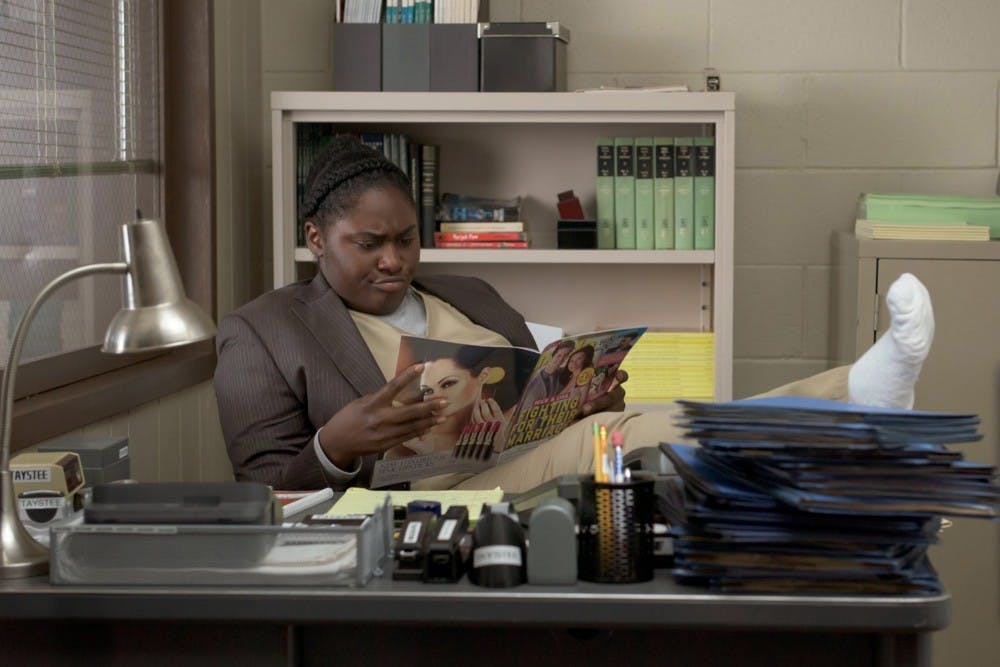Grade: A+
There are no happy endings in Litchfield.
But if you’ve been paying attention for the past four seasons, you should know that by now.
Season four is the darkest of them all. It picks up right where season three left off, the inmates running free and having a party in the lake. We can’t forget the cliffhanger with Alex, quickly solved with a murder of the hit man and some new mulch for the garden. NBD.
Piper is now a gangsta with an "A," in her own opinion, and still too cocky to notice the hole in the fence. Unfortunately, that pride in herself is quickly wiped out when she gets caught up in actual gang activity in one of the show's most horrific moments. Either way, she finally learns to mind her own business.
Three seasons later.
Really, does anyone still like Piper?
We are still deep in the storylines of the characters, including learning the terrible reason Suzanne "Crazy Eyes" landed in prison.
But this season turns back toward the corruption of the prison and the flawed system, which is one of the greatest strengths of this show. The issues in the system directly parallel what is happening in the lives of the inmates.
Packing the prison with as many inmates as possible is part of the new for-profit terror that is an MCC prison. Caputo moving further into the corporate world and new power hungry guards taking over were two of the biggest issues of the season.
Huge props to the show for taking the mental illness theme even further by showing the back story of Lolly, a mentally ill woman that ends up in psych, the nightmarish hell-hole you might remember from previous seasons. We are met with instances of inhumane conditions every single episode, showing us a close comparison to the reality of incarceration.
All of these stories culminated into the greatest upset in the show’s history when the prisoners staged a non-violent protest.
There are no happy endings in Litchfield.
We should have known.
But did they have to pick one of the smartest and most lovable characters to kill off? Of course.
In what was likely a nod to the epidemic of black Americans being killed by law enforcement, I lost mine and probably many others’ favorite character to a corrupt prison system and in broader terms, a corrupt societal system.
Every time I watch this show, I put it in the perspective of a prison versus the real world scenario.
This time I watched a black woman get killed by an inexperienced officer, unable to breathe.
This time I watched how the prison tried to make it look like it was her own fault.
This time I saw the parallel.
This time was different.
This time shit got real.




